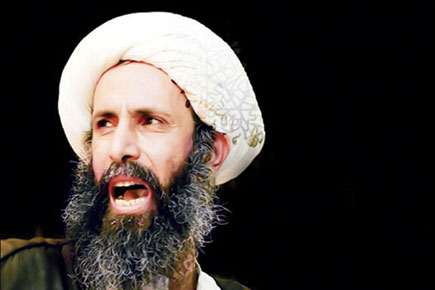The Middle East is riddled with Shia-Sunni tension these days. In this sectarian climate, while various nations try not to unscab old wounds, if not build cordial relations, Saudi Arabia seems to care little. The Sunni-majority kingdom recently executed a popular Shia cleric, Sheikh Nimr al-Nimr (a vocal critic of its royal family), on vaguely defined charges of ‘terrorism’ along with 46 others. His execution was seen as a blatantly political move and has worsened already hostile relations with Shia-majority Iran, which had asked for him to be pardoned. The al-Nimr execution dangerously combines both sectarian and state rivalry. Angry Shias have rallied in protest not just in Bahrain, India and Saudi Arabia’s eastern province, but even further in the UK.
Al-Nimr was from a family known for its resistance to the regime, and was said to be gaining popularity, especially among the youth. The 56-year-old cleric had been held captive since 2012 and the high-profile campaign for his release was even backed by the UN Secretary General Ban Ki-moon and human rights organisation Amnesty International.
The kingdom seems unbothered by the furore. Executions there have gone up since King Salman ascended the throne last year.


More Columns
Breaking Rules with Richa Kaveree Bamzai
Banking on Experience Boria Majumdar
A Prayer to Devi Bibek Debroy